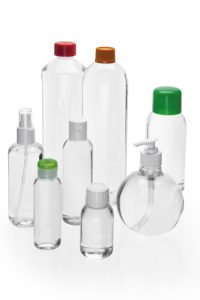 Germany increased its average recycled content in PET bottles last year, despite challenges in pricing compared with virgin plastic, according to an industry group.
Germany increased its average recycled content in PET bottles last year, despite challenges in pricing compared with virgin plastic, according to an industry group.

 Associate Editor Jared Paben has worked for Resource Recycling since December 2014. Most of his earlier career was spent as a reporter for the daily newspaper in Bellingham, Wash., but he also has experience working for the Oregon volunteerism commission and for Oregon nonprofits serving low-income populations. He can be contacted at [email protected].
Associate Editor Jared Paben has worked for Resource Recycling since December 2014. Most of his earlier career was spent as a reporter for the daily newspaper in Bellingham, Wash., but he also has experience working for the Oregon volunteerism commission and for Oregon nonprofits serving low-income populations. He can be contacted at [email protected]. Germany increased its average recycled content in PET bottles last year, despite challenges in pricing compared with virgin plastic, according to an industry group.
Germany increased its average recycled content in PET bottles last year, despite challenges in pricing compared with virgin plastic, according to an industry group.
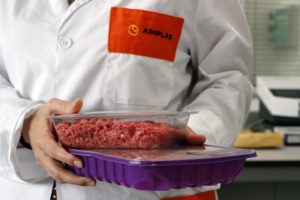 A research project explored the use of potentially contaminated recycled content materials behind barriers in food packaging. The conclusion: We’re not quite there yet, but some important next steps have been determined.
A research project explored the use of potentially contaminated recycled content materials behind barriers in food packaging. The conclusion: We’re not quite there yet, but some important next steps have been determined.
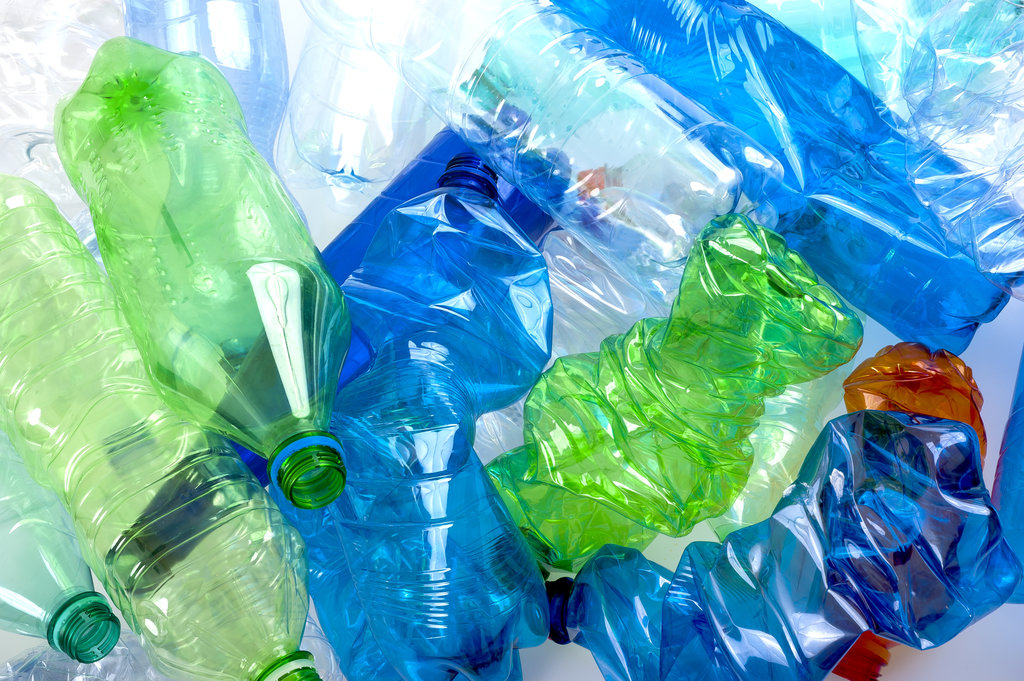 Montreal-based Loop Industries is working to commercialize its heatless, pressureless PET depolymerization technology after raising millions of dollars from investors earlier this year.
Montreal-based Loop Industries is working to commercialize its heatless, pressureless PET depolymerization technology after raising millions of dollars from investors earlier this year.
 A research project has boosted the quality of recycled PET when used in foam, potentially opening the door to new applications for the recovered plastic.
A research project has boosted the quality of recycled PET when used in foam, potentially opening the door to new applications for the recovered plastic.
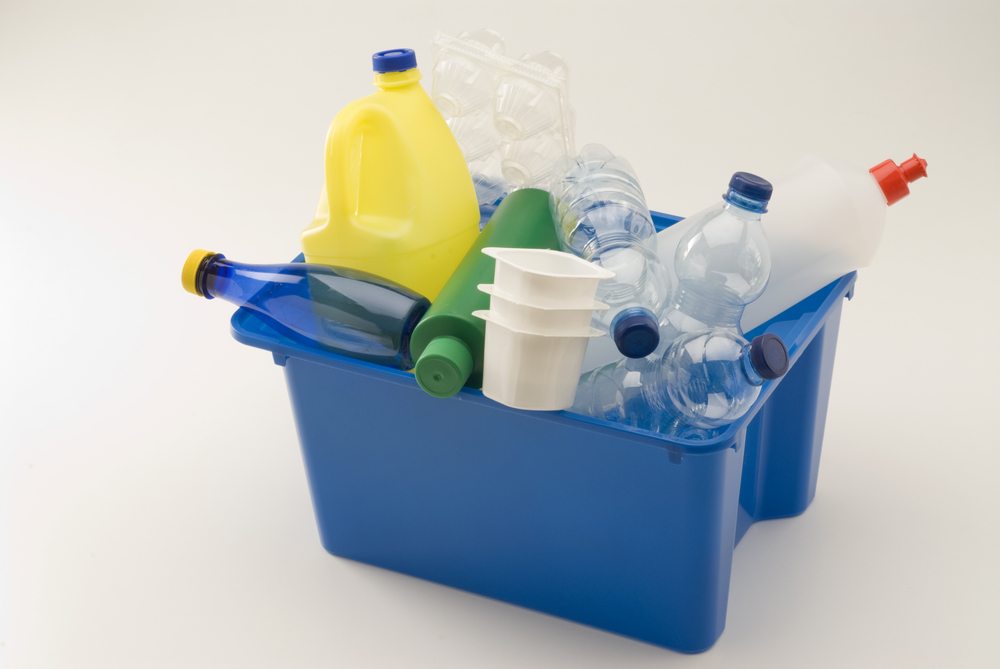 The United States recycled more plastic in its municipal solid waste stream in 2014, continuing a long-standing trend. But the increase was relatively modest.
The United States recycled more plastic in its municipal solid waste stream in 2014, continuing a long-standing trend. But the increase was relatively modest.
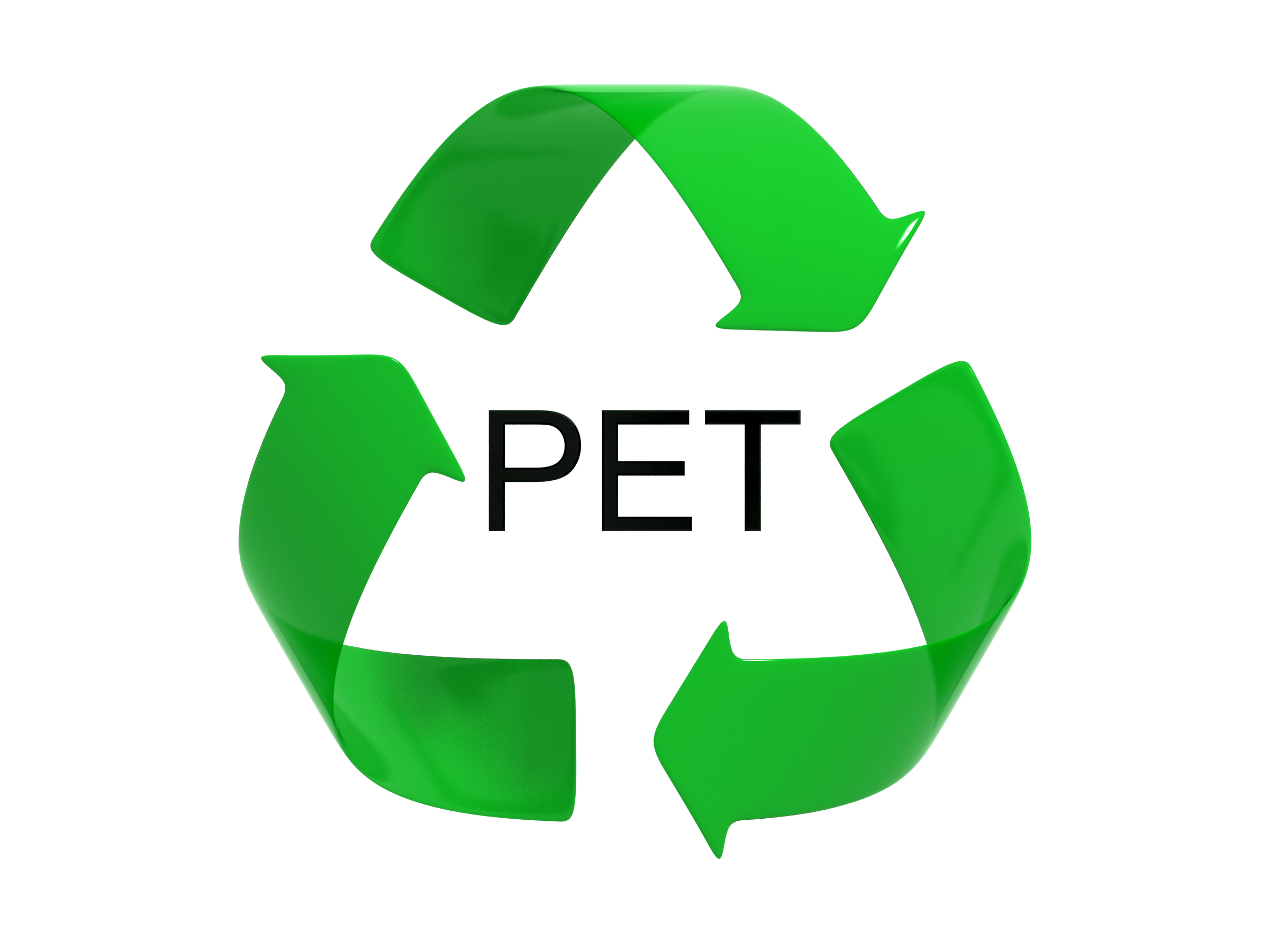 An initiative funded by the European Union is working to recycle petroleum-based PET and polyurethane into bio-based plastics through the use of enzymes and bacteria.
An initiative funded by the European Union is working to recycle petroleum-based PET and polyurethane into bio-based plastics through the use of enzymes and bacteria.
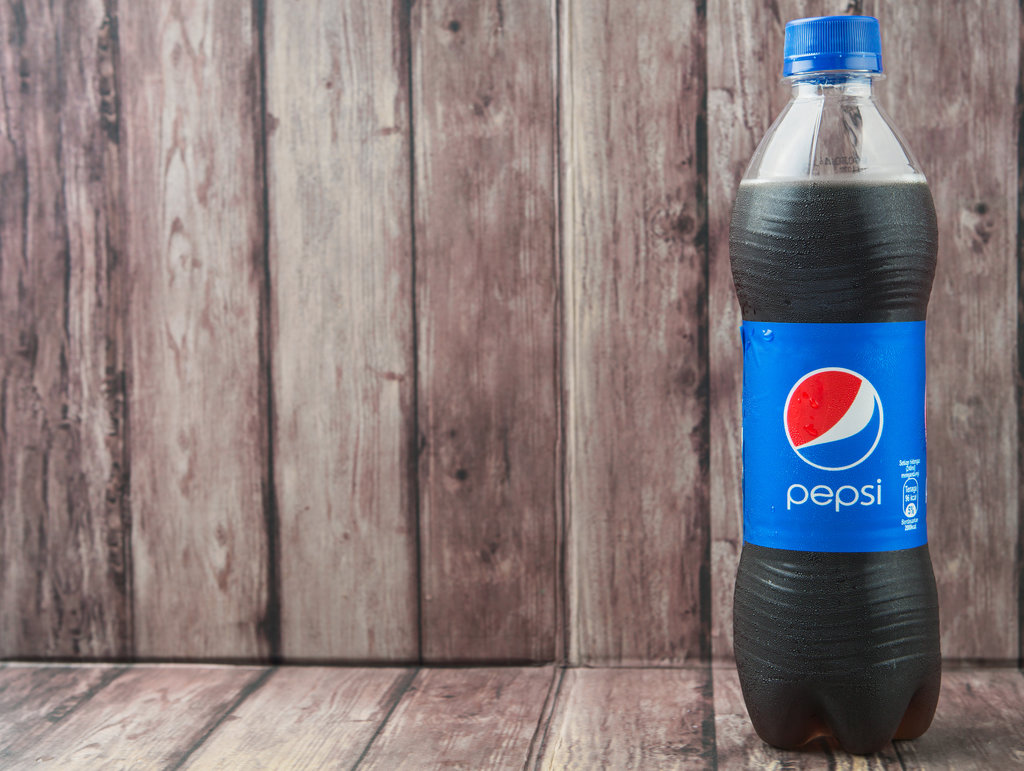 PepsiCo says it will work to eliminate packaging materials that inhibit sorting or contaminate downstream recycling streams. The global food and beverage company also said it will redesign the film in its snack packaging to enable its recovery.
PepsiCo says it will work to eliminate packaging materials that inhibit sorting or contaminate downstream recycling streams. The global food and beverage company also said it will redesign the film in its snack packaging to enable its recovery.
 The assets from shuttered plastics reclaimer Entropex will be purchased by the founders of two major Canadian recycling companies.
The assets from shuttered plastics reclaimer Entropex will be purchased by the founders of two major Canadian recycling companies.
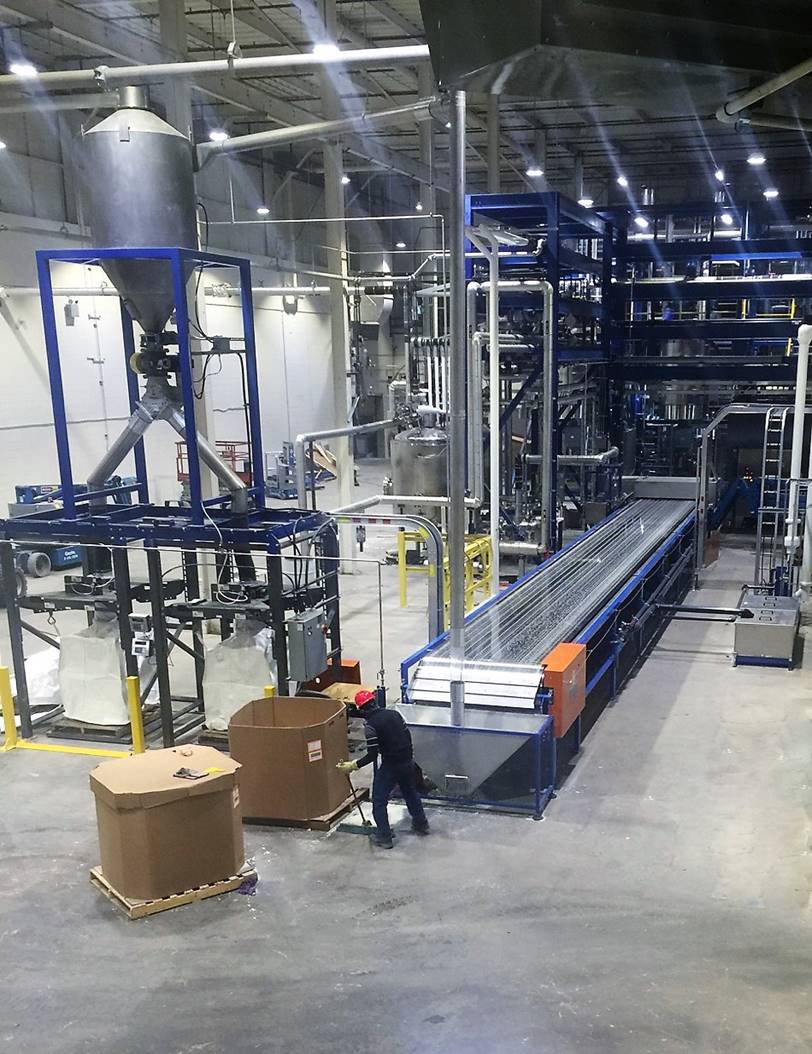 GreenMantra Technologies says its waxes, made from post-consumer plastics, can be used as additives to boost profitability for other reclaimers.
GreenMantra Technologies says its waxes, made from post-consumer plastics, can be used as additives to boost profitability for other reclaimers.
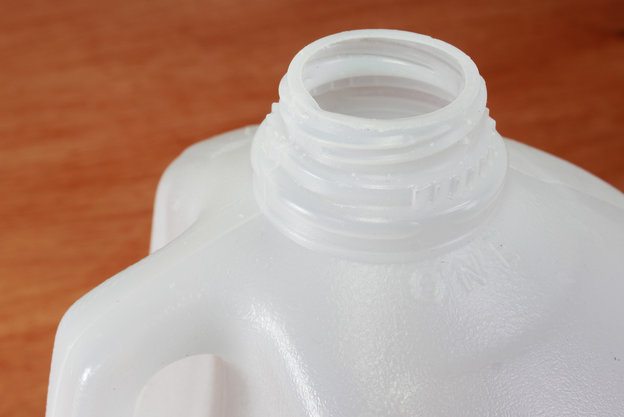 The U.S. recycling rate for HDPE bottles dropped slightly in 2015, while the rate for PP bottles increased noticeably. Continue Reading
The U.S. recycling rate for HDPE bottles dropped slightly in 2015, while the rate for PP bottles increased noticeably. Continue Reading
